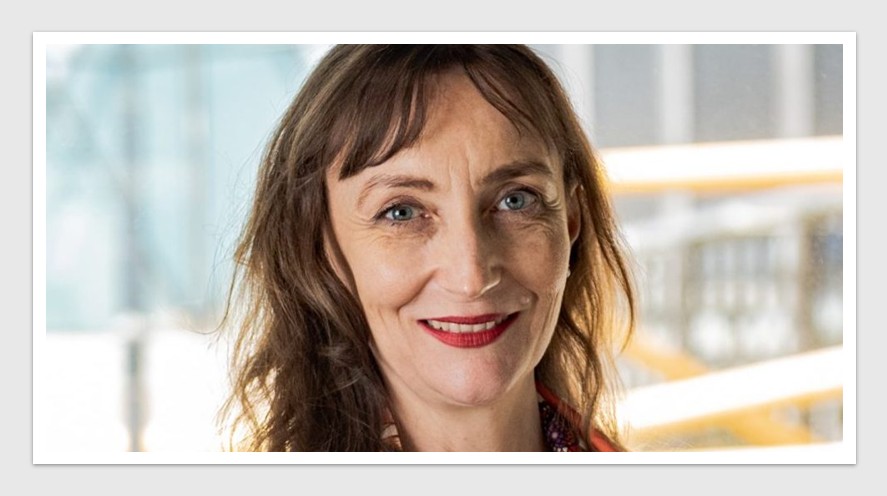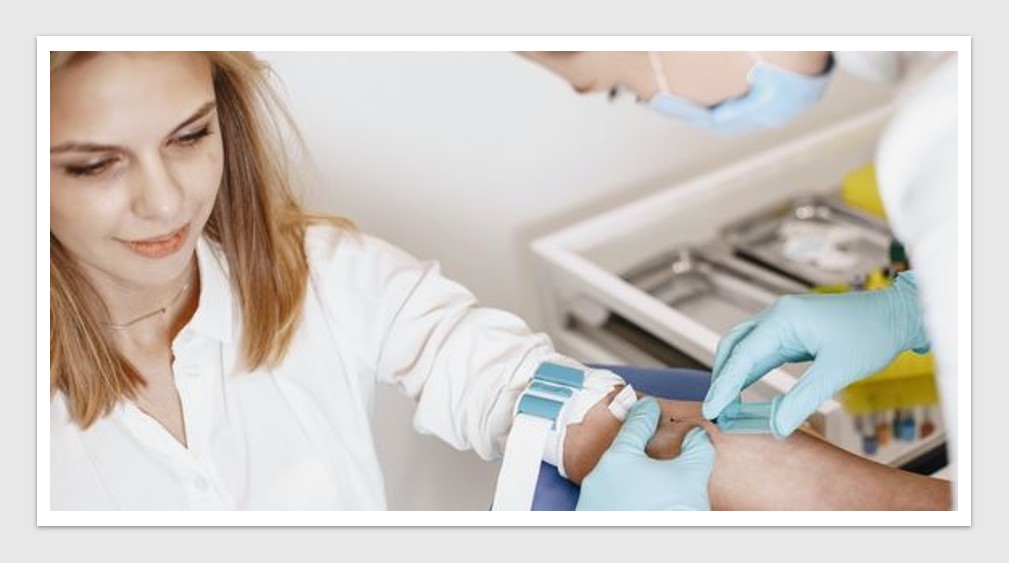News & Trends - Pharmaceuticals
Roche secures registration of rival to Bayer’s retinal drug

Pharma News: The first bispecific antibody for the treatment of neovascular or “wet” age-related macular degeneration (nAMD) and diabetic macular oedema (DMO), a leading cause of vision loss, has been approved by the Therapeutic Goods Administration (TGA).
This TGA registration for Roche’s Vabysmo (faricimab) closely follows the positive recommendation by the Pharmaceutical Benefits Advisory Committee (PBAC) for listing.
Prof Paul Mitchell, Director of the Centre For Vision Research at the Westmead Institute for Medical Research, said “Both neovascular AMD and diabetic macular oedema can have physical, emotional and economic consequences for patients and their families. As the conditions progress, people living with nAMD or DMO may become increasingly dependent on their loved ones for everyday activities as well as have their professional and social lives negatively affected.”
At the 2022 American Society of Retina Specialists Annual Scientific Meeting on 14 July, two-year data in wet AMD was presented to reinforce confidence in Vabysmo.
In the TENAYA and LUCERNE studies, at two years:
- More than 60% of people receiving Vabysmo could be treated every four months while achieving comparable vision gains versus Bayer’s Eylea (aflibercept) given every two months.
- Nearly 80% of people receiving Vabysmo could be treated every three months or longer.
- Patients treated with Vabysmo received a median number of 10 injections over the two years versus 15 injections for those patients treated with Eylea.
Traveling to an ophthalmologist’s practice and getting an injection directly into the eye is an onerous routine and many patients struggle with compliance. Going three-four times a year as opposed to six or more visits would give more patients more reason to continue treatment.
Richard Woodfield, Country Medical Director, Roche Australia added “We are delighted the Therapeutic Goods Administration has registered Vabysmo for people living with either nAMD or DMO in Australia. This registration marks a significant step in our commitment to people living with retinal conditions and we will continue to work collaboratively with the Government through the required next steps to ensure eligible Australians are able to access this additional treatment option as soon as possible.”
The key to the success of Vabysmo, which was in development for more than a decade, is that it inhibits both the angiopoietin-2 (Ang-2) and vascular endothelial growth factor-A (VEGF-A) pathways. Eylea, on the other hand, targets just VEGF-A.
![]() The Health Industry Hub content is copyright protected and access is provided under individual user licenses. For more information, click here and visit T&Cs here.
The Health Industry Hub content is copyright protected and access is provided under individual user licenses. For more information, click here and visit T&Cs here.
News & Trends - MedTech & Diagnostics

Landmark study exposes stark differences in ICD battery life and patient risk
A new independent study examining over 35,000 implantable cardioverter-defibrillators (ICDs) has uncovered significant differences in battery longevity across several medtech […]
MoreNews & Trends - Pharmaceuticals

Industry roundtable to shape Australia’s genomics policy
An invitation-only roundtable of key industry leaders and representatives from both federal and state governments is convening today to shape […]
MoreNews & Trends - MedTech & Diagnostics

Pathology indexation reboot leaves essential services behind
After nearly three decades of stagnation, the federal government has reinstated annual indexation for selected Medicare Benefits Schedule (MBS) pathology […]
MoreDigital & Innovation

Navigating telehealth’s crowded rulebook: New consortium adds its voice to the mix
A newly formed Consortium of telehealth providers and private health insurers has come together to develop national standards for the […]
More